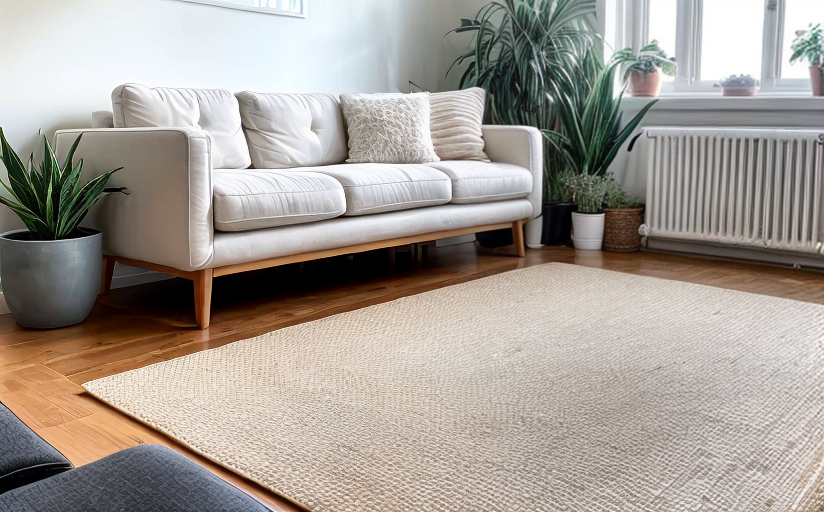Influence of Minimalism on Mental Health:
Minimalism is a lifestyle that focuses on reducing possessions and decluttering spaces in order to lead a simpler and more intentional life. This article aims to explore how adopting minimalism can positively influence mental health and take a look at potential negative effects it may present as well.
Understanding Minimalism:
Originating from an art movement in the 1960s, minimalism has evolved into a lifestyle and philosophy that emphasizes the less is more ethic. Its principles revolve around the reduction of physical possessions, simplified living environments, and the purposeful use of time and resources. It aims to remove clutter to provide room for growth, freedom, and things that truly matter.
Adoption of Minimalism:
With a rising trend towards minimalism, many people have opted to shed unnecessary belongings and declutter their spaces to lead simpler lives. This lifestyle change often involves reassessing what adds genuine value to their lives and voluntarily letting go of possessions that no longer serve a purpose.
Positive Impacts on Mental Health:
Minimalism has been shown to have several positive effects on mental health. By reducing clutter and chaos, minimalists often experience decreased stress and anxiety. A 2011 study published in the Journal of Personality and Social Psychology found a direct link between physical clutter and reduced cognitive performance, a phenomenon known as 'clutter cognition'. Minimalism combats this by promoting a clean and organized environment, thus enhancing focus and clarity of thought.
Furthermore, a minimalist lifestyle also encourages mindfulness, satisfaction, and overall well-being. 'The Joy of Less' that ensures satisfaction through simplicity is a well-celebrated aspect of minimalism. By eschewing needless possessions and activities, minimalists can focus on developing meaningful relationships, nurturing personal growth and being present in each moment.
Potential Negative Impacts:
While the benefits of minimalism are many, it is worthwhile to note potential challenges and negative effects. For some, minimalism may trigger feelings of insecurity, deprivation, or social isolation. It is essential to approach minimalism consciously to avoid adopting an overly restrictive lifestyle that might not align with individual needs and preferences.
Embracing Minimalism:
Adopting a minimalist lifestyle doesn't have to involve dramatic changes overnight. It could start with decluttering small spaces, setting clear and realistic goals, practicing mindful shopping and gradually transitioning towards a more minimalist lifestyle. This approach can help reduce feelings of overwhelm and make the change sustainable.
While minimalism can promote mental health, it is essential to remember that it is not a cure-all solution. Professional help should always be sought if struggling with severe stress, anxiety, or any other mental health disorder.


















Comments
Leave a Comment